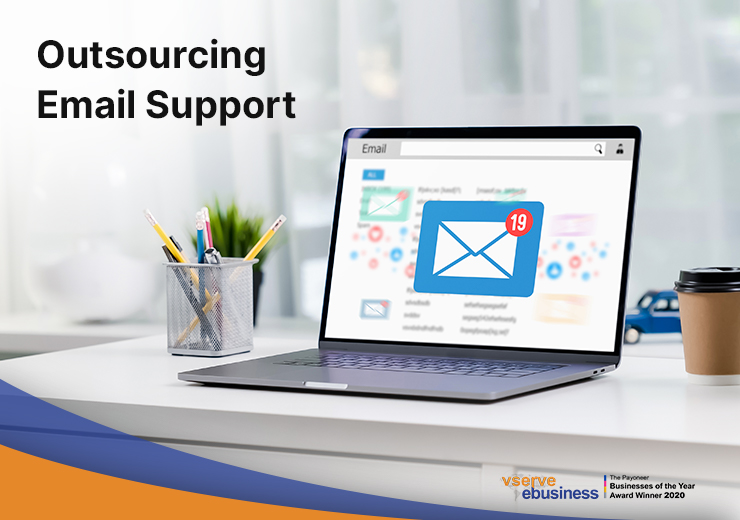
In the beginning, startups face many problems, such as not having enough resources and having to grow quickly. A lot of companies are outsourcing their main offices to get around these problems. Startups can cut costs, improve their processes, and focus on what they do best by working with outside service providers.
This article will talk about the idea of middle office outsourcing, how it can help companies, and why it’s becoming a more popular choice in business.
What is Middle Office?
Before we talk about why middle office outsourcing is becoming more popular, it’s important to know what middle office means. In the financial world, the middle office is the part of the company that manages and keeps an eye on the risk and compliance of business operations. This office connects the front office, which deals with customers, to the back office, which does paperwork and other support work.
The middle office is very important for making sure that financial activities run smoothly. It is in charge of supporting trade, managing risks, measuring success, and making sure that rules are followed. But for companies, handling the middle office can take a lot of time and resources, taking them away from their main business tasks.
 What are Middle Office Services?
What are Middle Office Services?
Middle office services encompass a range of activities that support investment operations. These services include:
- Trade support and confirmation
- Portfolio valuation and performance measurement
- Risk management and compliance
- Regulatory reporting
- Reconciliation and settlement
- Data management and analytics
According to a report by Grand View Research, the financial services segment accounted for the largest market share of outsourced services in 2020, driven by the increasing adoption of middle office outsourcing. By outsourcing these services to specialized providers, startups can benefit from their expertise and experience, while freeing up internal resources for strategic initiatives.
Why are Startups Outsourcing Middle Office Functions?
1. Cost Savings
Startups often operate on tight budgets and need to optimize their spending. Outsourcing middle office functions allows startups to access specialized services at a fraction of the cost of building an in-house team. According to a survey by Deloitte, 59% of companies outsource to reduce costs.
2. Access to Expertise
Middle office outsourcing provides startups with access to a pool of skilled professionals who are well-versed in investment operations. These experts bring industry knowledge and best practices to the table, enabling startups to benefit from their expertise without investing in extensive training and development.
3. Scalability
Startups often experience rapid growth, which can strain their internal resources. By outsourcing middle office functions, startups can scale their operations quickly and efficiently, without the need to hire and train additional staff. This flexibility allows startups to focus on their core competencies and seize growth opportunities.
4. Focus on Core Business
Outsourcing non-core functions, such as middle office operations, allows startups to concentrate on their core business activities. By delegating time-consuming tasks to outsourced service providers, startups can allocate their resources more effectively and focus on strategic initiatives that drive growth.
5. Improved Risk Management
The middle office plays a critical role in risk management and compliance. By outsourcing these functions to specialized providers, startups can enhance their risk management capabilities and ensure regulatory compliance. This reduces the risk of costly errors and penalties, which can be detrimental to a startup’s reputation and financial health.

Why are Outsourced Service Providers Preferred for Middle Office?
Outsourced service providers offer several advantages over in-house teams when it comes to middle office functions:
- Specialized Expertise: Outsourced service providers focus solely on middle office operations, allowing them to develop deep expertise. They stay up-to-date with industry trends, regulations, and best practices, ensuring that startups benefit from the latest knowledge and insights.
- Advanced Technology: Outsourced service providers invest in state-of-the-art technology and infrastructure to deliver efficient and accurate middle office services. Startups can leverage this technology without incurring the high costs associated with implementing and maintaining their own systems.
- Scalability: Outsourced service providers have the capacity to scale their operations quickly to meet the changing needs of startups. They can handle increased volumes of trades, data, and reporting requirements, ensuring that startups can grow without operational constraints.
- Reduced Risk: By partnering with outsourced service providers, startups can mitigate operational and compliance risks. These providers have robust risk management frameworks in place, reducing the likelihood of errors and regulatory breaches.
Conclusion
Middle office outsourcing has many benefits for startups, such as lower costs, better risk management, access to experts, and the ability to grow. Startups can cut costs, improve their processes, and focus on what they do best by working with outside service providers.
It’s clear that outsourcing is good for companies because the market for contracted services is growing and more and more startups are using middle office outsourcing. It’s possible that middle office outsourcing will stay popular in the business world as long as startups have limited resources and need to grow quickly.
For more insights about outsourcing and boosting your ecommerce business, visit Vserve today. Together, we’ll strategize your business’s growth!








